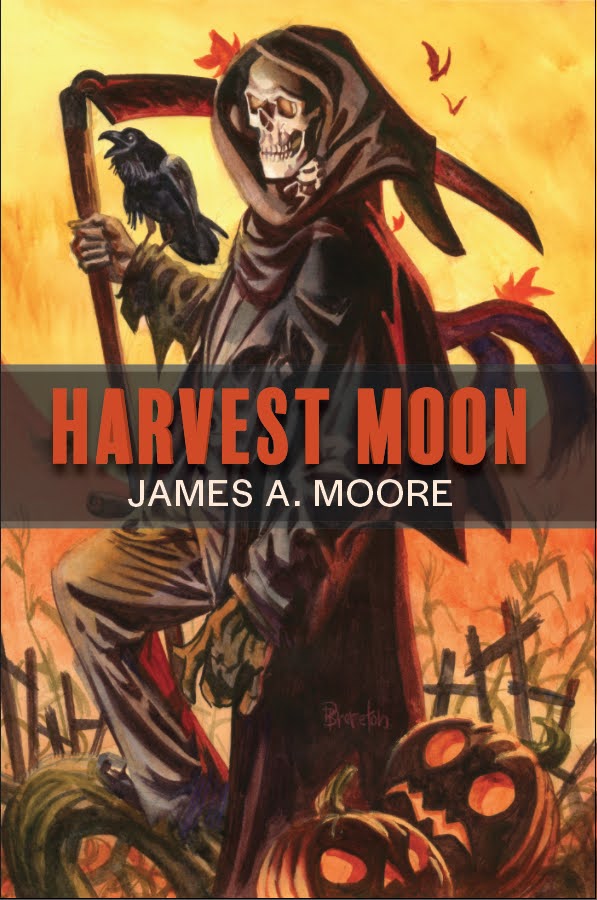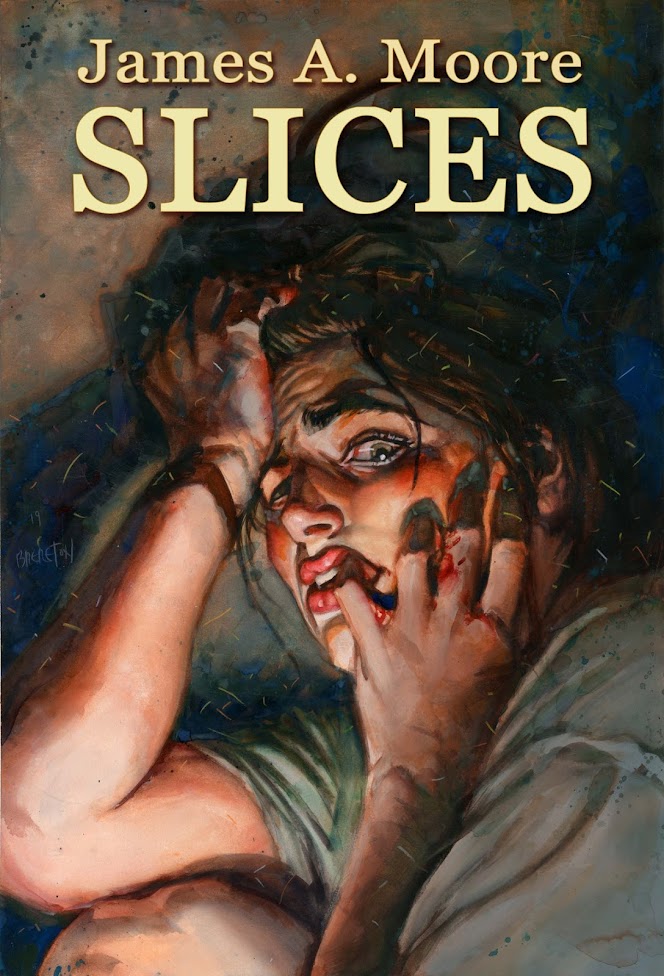On the surface, the question "do you prefer to write easy scenes or hard scenes?" seems like a gimme. Who doesn't like easy? I mean, really? And dude, when I'm in the zone and the words are flowing like the titian tresses on a historical heroine, I'm right there with Team Easy. But hold up, gotta couple of caveats.
- Science thinks I'm wrong. Apparently, tackling the hard scenes in bite sizes would be better for me than flying blithely through the easy scenes and putting off the ickier, sloggier work. (Or so say some researcher folks at Northwestern University.) Typically, I ain't one to argue with science.
- You know how there are all those people who are like, "Well, some day when I have a lot of time, I'm going to sit down and write a novel because how hard can it be?" Yeah, those people. If writing every scene was easy, writing a novel would therefore be easy, and those people would be right. They could totally just faff out a novel whenever they wanted. No work necessary. And that, my long-suffering, craft-book-reading, working-on-the-seventy-sixth-draft-right-now friends, would suck mightily. So, to make it harder for those people, I happily embrace the difficult scenes, the agonizing revisions, the doubt, and all the rest of this messy, glorious, brain-melting life of being a writer.
So maybe I'm only sort of for easy. When it's, you know, easy to be.






























